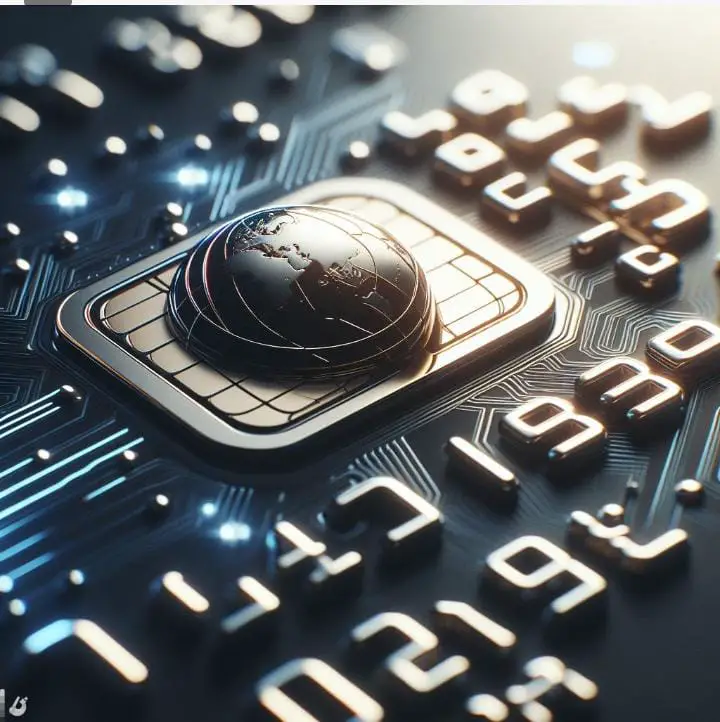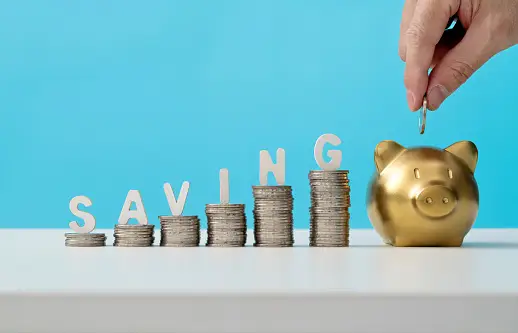Used responsibly, credit cards can be powerful tools for building credit, earning rewards, and protecting your finances
Credit cards have become an ubiquitous part of modern finance, but their role goes beyond simply replacing cash. However, wielding this financial tool effectively requires understanding both the benefits and drawbacks.
Building Credit History: The Cornerstone of Financial Health
One of the most significant advantages of using credit cards is the ability to build a positive credit history. Credit bureaus track your borrowing and repayment habits, assigning you a credit score that reflects your creditworthiness. A high credit score is essential for securing favorable interest rates on loans, such as mortgages and car loans. It can also influence your ability to rent an apartment or even get a job.
By using your credit card responsibly and paying your bills on time and in full, you demonstrate your ability to manage credit effectively. This consistent track record contributes positively to your credit score, opening doors to better financial opportunities in the future.
Rewards and Perks: Earning While You Spend
Many credit cards offer attractive rewards programs, incentivizing you to use your card for everyday purchases. These rewards can come in various forms, including:
Cash back: Earn a percentage of your spending back as cash, which can be credited to your statement or deposited into your bank account.
Travel rewards: Accumulate points or miles that can be redeemed for flights, hotels, and other travel expenses.
Points programs: Earn points redeemable for merchandise, gift cards, or statement credits.
By choosing a card that aligns with your spending habits, you can maximize your rewards and enjoy significant savings over time.
Security and Convenience: Safeguarding Your Finances
Credit cards offer enhanced security compared to cash. In case of theft or loss, you can usually report the incident to the issuer and avoid liability for unauthorized charges. Additionally, many cards provide purchase protection plans that may reimburse you for damaged or stolen goods.
Furthermore, credit cards offer a convenient way to track your spending. Transactions are automatically recorded on your monthly statement, providing a clear overview of your expenses for budgeting purposes.
The Flip Side: Responsible Use is Key
Despite the numerous advantages, credit cards can be a double-edged sword. Here's why responsible use is crucial:
Debt Trap: Credit cards allow you to borrow money, and accruing debt can quickly spiral out of control if not managed properly. High-interest rates can make it challenging to pay off balances, leading to a cycle of debt.
Temptation to Overspend: The ease of swiping a card can lead to impulse purchases that you may not be able to afford. It's essential to maintain discipline and stick to your budget.
Annual Fees: Some credit cards come with annual fees, which can negate the benefits if not offset by rewards earned.
Making Credit Cards Work for You: A Guide to Responsible Use
To harness the power of credit cards effectively, follow these key principles:
Choose the right card: Select a card that caters to your spending habits and offers rewards you'll utilize.
Pay your balance in full: Avoid carrying a balance to dodge high-interest charges.
Set a budget: Determine a realistic spending limit and stick to it.
Track your spending: Monitor your statements and categorize expenses to identify areas for improvement.
Beware of annual fees: Ensure the rewards outweigh the annual fee if your chosen card has one.
Avoid impulse purchases: Plan your purchases and avoid using your card for non-essential items.
By following these guidelines, you can transform your credit card from a potential pitfall into a valuable financial tool.
In conclusion, credit cards offer a multitude of benefits for those who use them responsibly. From building credit and earning rewards to enhancing security and simplifying budgeting, credit cards can be a powerful asset in your financial toolkit. However, responsible use is paramount to avoid the pitfalls of debt and overspending. By understanding the advantages and disadvantages, and employing sound financial strategies, you can leverage the power of plastic to achieve your financial goals.


























